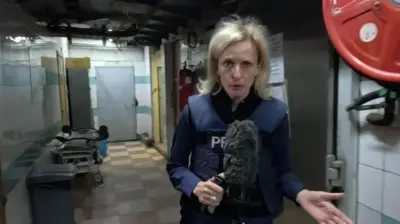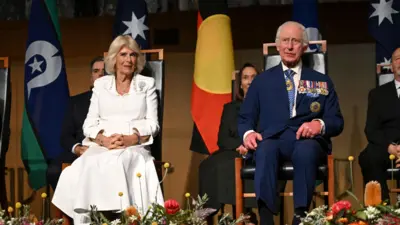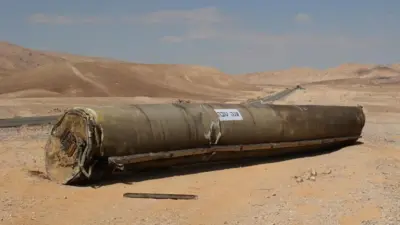We've updated our Privacy and Cookies Policy
We've made some important changes to our Privacy and Cookies Policy and we want you to know what this means for you and your data.
RAF stretched by Libya, says second-in-command
The RAF's ability to deal with future emergencies is under threat if British intervention in Libya continues beyond September, MPs have been warned.
Air Chief Marshal Sir Simon Bryant, the RAF's second-in-command, said "huge" demands were being placed on equipment and personnel.
He made the comments in briefing notes .
Armed forces minister Nick Harvey said the UK continued to have the resources necessary to carry out operations.
ACM Bryant, who is the RAF's head of combat operations, said morale among personnel was "fragile" and their fighting spirit was being threatened by being over-worked.
He said the service was being stretched by intense air operations in Afghanistan and the Middle East.
According to the briefing paper, ACM Bryant warned MPs in May that many areas of the RAF were "running hot", while service personnel's sense that the nation valued their efforts was being undermined by the government's defence cuts.
He said the air force was also finding it difficult to recruit staff, with many specialist posts up to a quarter understaffed and recruitment to RAF reservists at a nine-year low.
ACM Bryant said: "The true strength is in our people in continuing to deliver, despite all that's asked of them.
"Morale remains fragile. Although fighting spirit remains positive, this assessment will be challenged by individual harmony targets as Operation Ellamy [in Libya] endures [after September]."
He continued: "There is decreasing satisfaction with the remunerative offer and allowances cut, and the pay freeze continues to bite.
"The impact of SDSR [strategic defence and security review] continues to undermine the sense of being valued. There is concern over the perceived lack of strategic direction which is restricting confidence in the senior leadership."
His comments echo those made last week by the First Sea Lord, Sir Mark Stanhope, who warned that continuing operations in Libya beyond September would mean taking ships away from other tasks.
Armed forces head General Sir David Richards responded by saying that the Libya mission could be sustained "as long as we choose to".
The RAF faces cuts of 5,000 personnel over the next three years - a reduction of almost 15%.
Mr Harvey said tough but necessary measures had to be taken in the strategic defence and security review.
But the MoD continued to have the resources it needed, as its efforts in Libya and Afghanistan showed, he added.
The RAF is involved in a Nato mission to enforce a no-fly zone over Libya to protect civilians using "all necessary measures" short of a ground invasion.
Top Stories
More to explore
Most read
Content is not available








